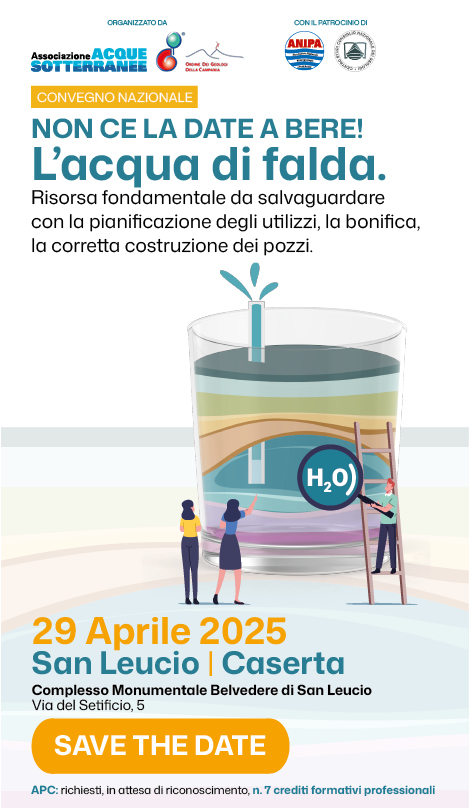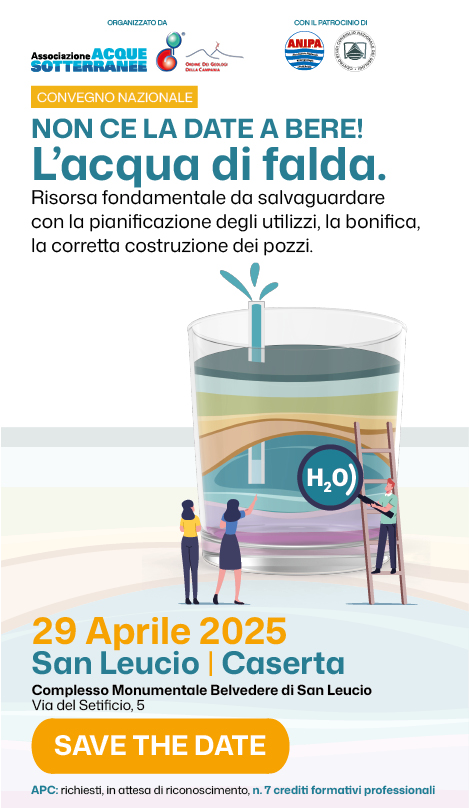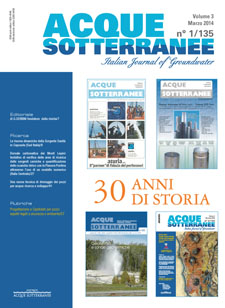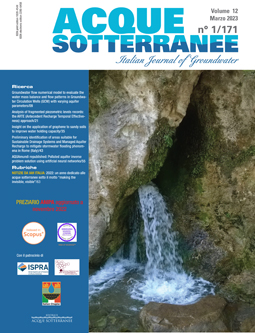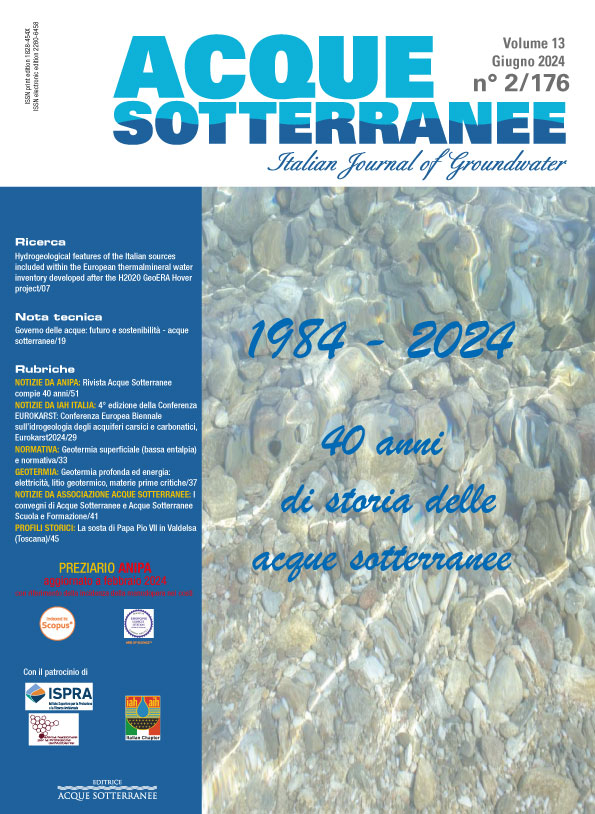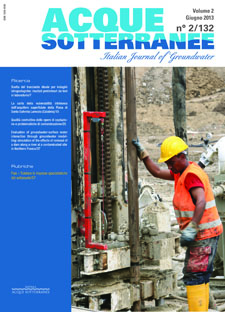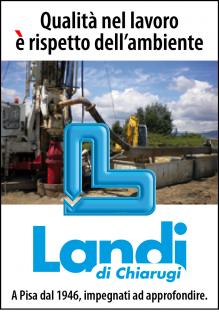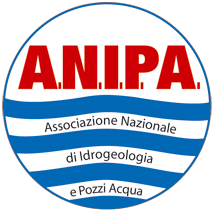Assessment of Water Quality From Hand Dug Wells In Samaru – Zaria. Nigeria
Samaru (Zaria), located in Northern Nigeria is a semi urban university satellite-town with urban migration problem and resource limitations. Thus, a high proportion of the population is forced to rely on hand dug well water as source of drinking water. To ascertain the water’s potability and seasonal variations, proximity of 10 hand dug wells to pollution sources were investigated during the late dry season (Feb. to June) and late rainy season (Sept. to Nov.), 2009. The physiochemical and bacteriological quality of the well water samples was analyzed using standard methods. The water was hard (188.92 ± 66.56 mg/L CaCO3) and soft (61.80 ± 6.00 mg/L CaCO3) during the dry and rainy seasons respectively. The mean NO3-N was higher in dry season (84.34 mg/L) than during the rains (11.60 mg/L). However, the water’s buffering capacity (alkalinity) was lower during the dry season (82.26 ± 71.03 mg/L CaCO3) than during the rainy season (141.21 ± 54.08 mg/L CaCO3) The mean dissolved oxygen obtained (4.71 mg/L) was higher than the west African sub region’s mean (2.60 mg/L). Generally, the physicochemical parameters varied, but several of the values were within the WHO standards for drinking water. However, the ground water has very high concentrations of coliform bacteria, varying between 478 and > 1600 MPN /100 ml of water. This is higher than the WHO’s stipulated (0/100 ml) for drinking water. The coliforms isolated from the water samples were identified as E.coli, Entrobacter sp and Klebsiella sp. The high population of coliform bacteria indicates poor sanitary conditions in the study area, arising from poor handling of domestic wastes, especially garbage and sewage. The aquifer is thus contaminated and the groundwater, therefore, is not potable without treatment.

